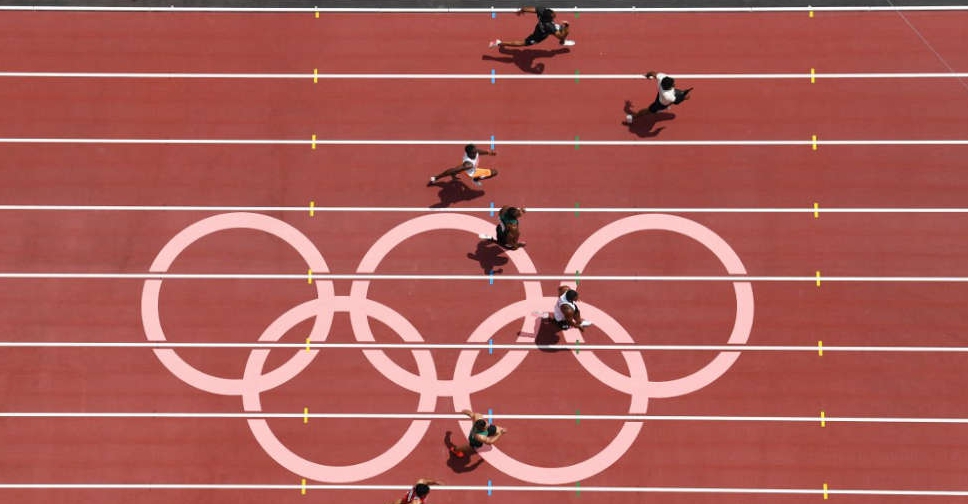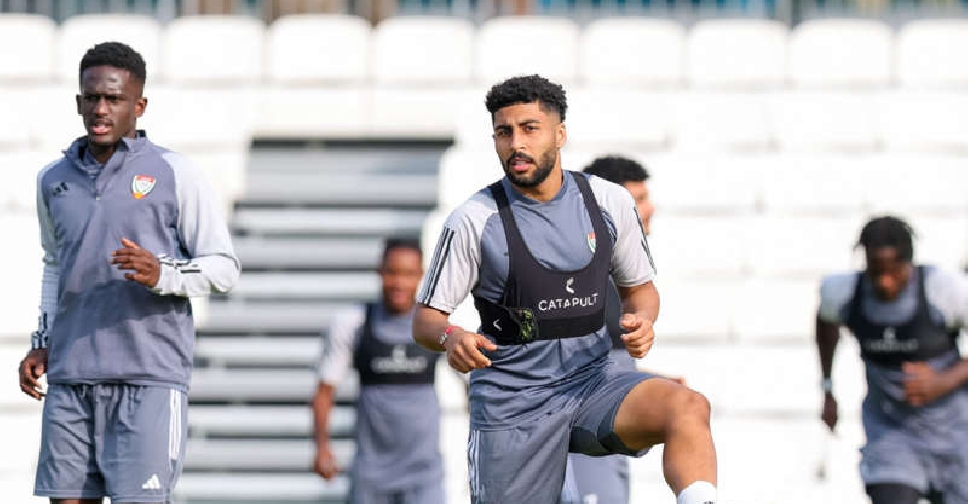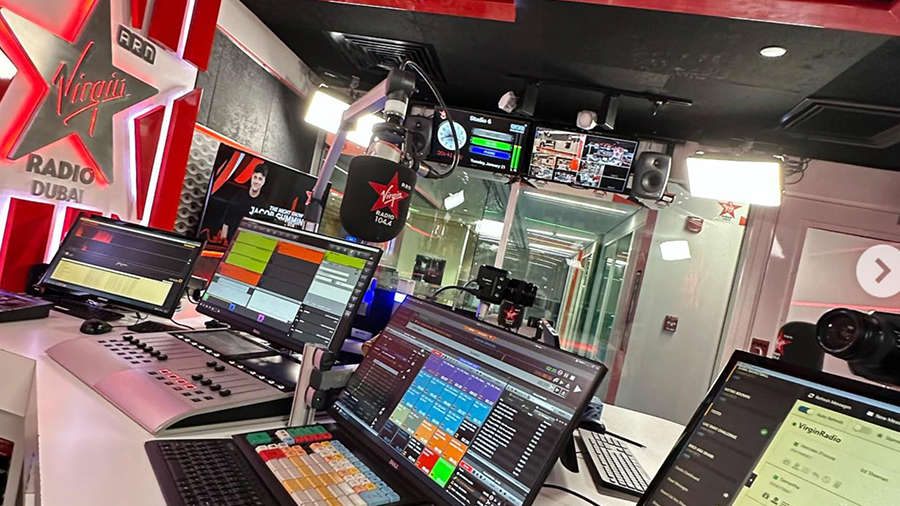
As competitors battled for the podium on the third day of Olympic athletics on Sunday, it was Tokyo's oppressive heat that perhaps dished out the most pain.
Punishing conditions greeted athletes and officials as a trackside thermometer touched 40 degrees Celsius and the humidity hovered around 60 per cent, with sun beating down on an Olympic Stadium devoid of spectators due to COVID-19.
American Michael Norman, after finishing second in his 400 metres heat, said he has been drinking a lot of water for months in preparation as Tokyo is more humid than California. "I just got to make sure I'm hydrated."
The risks of heat-stroke at one of the hottest Games on record are borne by the athletes, but also by the thousands of staff, especially at outdoor venues.
Organisers have deployed a host of tools - from mist-spraying stations to cooling vests to AI gadgets that warn of heat-stroke risk - to beat the heat while handing out salt tablets and ice cream to volunteers.
Some 30 people involved in the organisation of the Olympics have suffered heat-related illness so far though all had mild symptoms, Games director general Toshiro Muto said.
"Before the outset of the coronavirus problem, the important issue for the Tokyo Games was a response to heat illness," Muto told reporters. "We looked into all sorts of scenarios to take thorough measures. I believe our steps have been working well so far."
The Games, from July 23 to Aug. 8, coincide with the year's hottest weather in Tokyo, where the temperature can top 35 degree Celsius. The 1964 Tokyo Summer Olympics were held in October.
In 2013, defending the timing, driven by broadcast schedules at a time when the global sports calendar is otherwise light, the Tokyo bid committee promised "many days of mild and sunny weather", providing "an ideal climate for athletes to perform at their best".
But a study last year by a Games adviser, analysing data back to 1984, found that Tokyo had the highest average temperature and precipitation of any host city for the period the Olympics were held. Tokyo's five hottest days since 1964 fell in or around the period of this year's Games.
EVERYONE 'NEEDS TO DEAL WITH IT'
World Athletics spokesperson Nicole Jeffery said endurance events on the Tokyo 2020 timetable were scheduled for the evening when it is cooler. Sunday's packed evening agenda also includes the marquee men's 100-metre final.
"All athletes are provided with water and ice, and the medical team is observing them closely to make sure no one is showing signs of heat stress," Jeffery said, adding that "cold water immersion facilities" were available.
Earlier in the day, sweat-soaked reporters donned wet towels as the women's 3,000 metre steeplechase qualifier played out, the event's trademark water hazard appearing more enticing than ever.
Bruno Schmidt, Brazilian 2016 gold medallist in beach volleyball, said the Games were hotter and muggier than he had expected. "The first two weeks here are one of the hottest that I had in my life, believe it or not."
Tennis world No. 2 Daniil Medvedev warned on Wednesday that a player "can die" in the heat. The sports' governing body later agreed to delay match start times in response to similar complaints.
International Tennis Federation president David Haggerty said on Sunday the group is seeking to extend the tennis schedule by two days for Paris 2024 - to manage heat and ensure adequate rest for players.
But South Africa's Wayde van Niekerk, 400m world record holder and 2016 gold-medallist, said that while it would be nice if the humidity could be dialled down, "every competitor needs to deal with it and we take it in our stride".
Hockey players, sweltering on an unshaded pitch, were given double the usual number of two-minute breaks.
At the equestrian cross-country course, France's Karim Florent Laghouag donned an ice vest, a wet towel and bags of ice around his neck after his ride.
"This is so good," he said, pointing at the vest as temperatures climbed well over 30 degrees Celsius.
Tokyo has also used roads that reflect heat or pavements that absorb water and the organisers moved the marathon and race-walk to the cooler northern city of Sapporo.




 Mid East Falcons win inaugural United Series Championship in Dubai
Mid East Falcons win inaugural United Series Championship in Dubai
 UAE to face Morocco in FIFA Arab Cup semi-final
UAE to face Morocco in FIFA Arab Cup semi-final
 Man City beat Palace, Villa edge West Ham in five-goal thriller
Man City beat Palace, Villa edge West Ham in five-goal thriller
 Rodrygo's winner lifts Real Madrid past Alaves to end losing streak
Rodrygo's winner lifts Real Madrid past Alaves to end losing streak
 Arsenal must improve defensively despite win over Wolves, says Arteta
Arsenal must improve defensively despite win over Wolves, says Arteta




